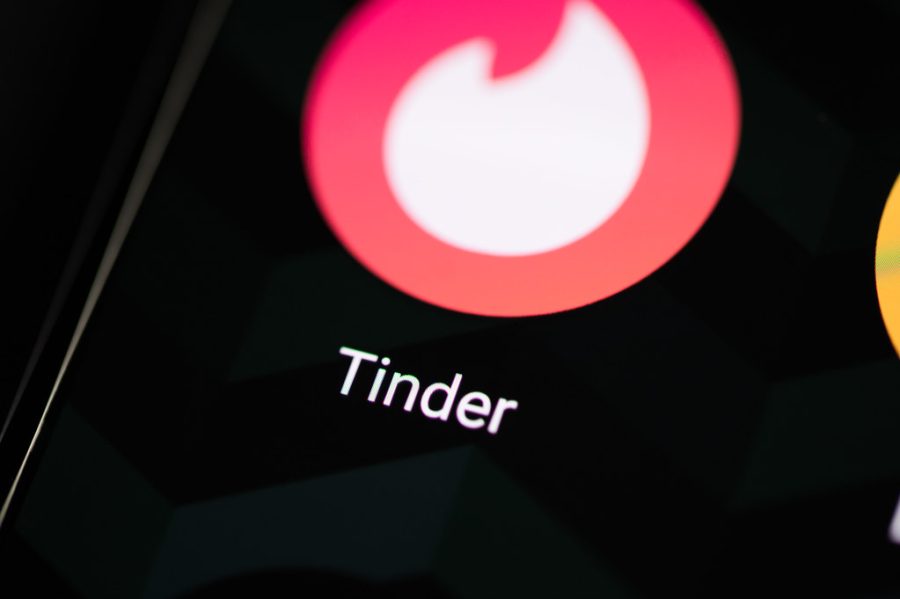HORNet: the new dating app phenomenon
This quirky and new dating app really sells what matters today: getting to know someone for who they truly are!
Oct 6, 2022
Tinder and Bumble dominate the online hookup scene, but according to recent scientifically verifiable data, some users are left feeling lonely and unfulfilled after hours of judging strangers on the internet based on four images and an unoriginal bio. While some dating apps claim to champion the search for ‘real love’ (you know the one I mean), even those loyal users are left feeling confused and hopeless at the end of long, empty days of searching.
Using complex technology, HORNet features random face generators, sophisticated AI conversation simulators, along with algorithmic predictions of partner preference to deliver the optimal online partner. To be clear, users of HORNet don’t interact with other people, but instead communicate directly with the best imitation of human beings that artificial intelligence can generate. This technology is designed to deliver all the good things about love while eliminating all of the unavoidable real-life unpleasantries.
The majority of people we’ve polled identify boredom and horniness as primary motivators for visiting these wistful websites. In addition, 100% of users admit to tapping, swiping and typing without the hope of finding a real solution to the poisonous feeling of loneliness slowly devouring them. Fortunately, the developers at HORNet are in the process of manufacturing an app that would solve the problems still being worked out by all the other so-called “arousal apps”.
Though still in beta, HORNet combines the casual detachment of Tinder with the nostalgic naïveté of online chat rooms. Over a two month trial period, our male test subjects have, on average, decreased real interaction with preferred partners by 50%. HORNet’s founder is very proud of the preliminary results, stating “dude are you serious? This was the opposite of what I wanted.”
How it works:
After creating up to 15 profiles showcasing every potential interpretation of the person users wish they were, users of HORNet begin swiping either left or right on digitally fabricated bot profiles and, upon a match, can strike up conversation. Using a patented chat feature and software, users can type their way to validation delivered by a simulator specifically developed to validate one’s emotions and activate the body’s sex hormone response.
Once the “getting to know you” phase is complete and a state of romantic interest is reached, HORNet will return its users to a state of swiping to restart the process. There are no rejections and no breakups. As the app learns more about its users, it can minimize the time between matches. Using this circular trajectory, HORNet intends to shorten the elapsed time between match and romantic interest to ninety seconds and below.
HORNet is not designed to be deleted nor is it meant for any singular denomination of lonely people. To the contrary, the introduction of HORNet aims to solve the problem of love once and for all. HORNet offers all the excitement and none of the heartbreak. It presents hope without the fear of an ending.
“It’s like porn meets Her,” one test subject testified. “I don’t have to worry about being rejected on HORNet.”
This subject clearly understands the innovative beauty of romantic optimization and the developers are thrilled. When reality offers you nothing but rejection and pain, turn to HORNet, the app designed to make you fall in love as quickly as possible.
Predicted to be released at the the fall of 2022, HORNet will arrive in time for John Carroll’s Class of 2026. Incoming freshmen will be able to create a multitude of profiles, ushering a new generation of Carroll Crushes. Until now, students at JCU have been perilously navigating love, vulnerable to pain and understanding Taylor Swift songs. Into the future, students will be thankful they have HORNet to avoid the terrible eventualities of real love.












